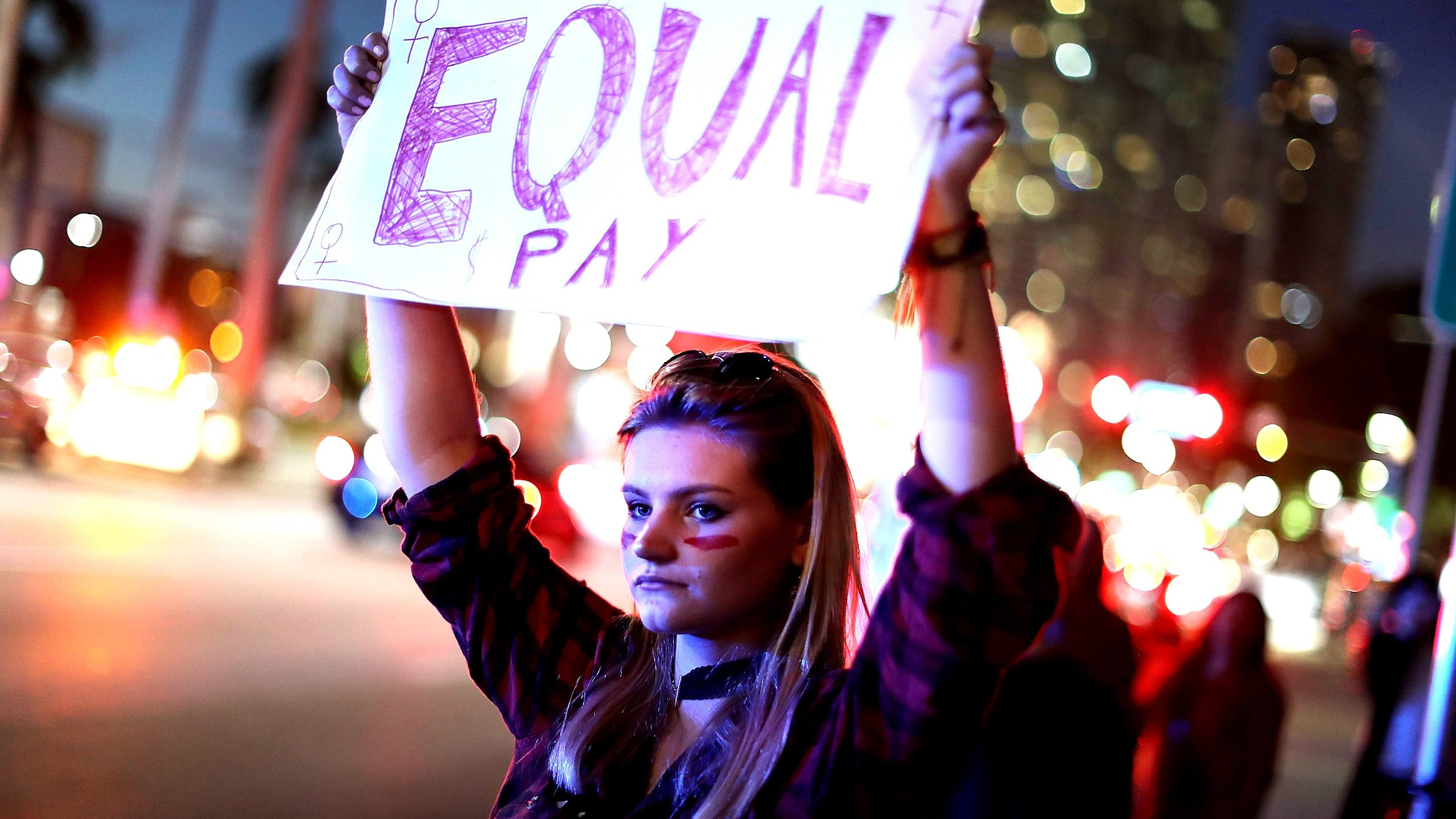
Business
13:03, 11-Apr-2018
US court rules pay for women can't be based on prior salaries
Nicholas Moore

Companies in the US can no longer justify paying women a lower salary by citing their previous pay packages, in another step towards gender equality in the workplace.
The US Court of Appeals for the Ninth Circuit ruled unanimously that paying a woman less than a man because she previously earned a lower salary is illegal and a violation of pay discrimination laws.
Following the court ruling, judge Stephen Reinhardt said "salaries speak louder than words…. The financial exploitation of working women embodied by the gender pay gap continues to be an embarrassing reality of our economy."
The case came about after a female consultant was employed in 2009 after negotiating a salary that was five percent higher than her prior pay package – a policy applied by the company to all new employees.
The employee later found out less experienced male colleagues in the same position were being paid a higher wage, and took her case to court.
Despite increasing attention on the issue of the gender pay gap, inequality remains a big problem in many major economies. In 2015, women were paid on average 80 cents for every US dollar earned by men, according to government data.
Tuesday marked Equal Pay Day in the US, with April 10 marking "how far into the year women must work to earn what men earned in the previous year," according to the US National Committee on Pay Equity.
In January, Amazon announced that it would not ask potential candidates any questions about their previous salaries, while California, Oregon and New York City have passed laws banning employers from asking about pay history.

Amazon has followed Facebook in banning questions about previous salaries during job interviews. /VCG Photo
Amazon has followed Facebook in banning questions about previous salaries during job interviews. /VCG Photo
However, there are concerns that while such legislation is well-intended, it could backfire. Jennifer Doleac, an economist at the University of Virginia, told Quartz that without being able to ask questions about previous salaries, companies will simply just make assumptions about prior earnings.
“When we make them guess, it hurts the best applicants in the groups we’re caring about, because we have no way to distinguish them, and they get grouped together with the rest,” Doleac told Quartz.
Meanwhile, women who previously earned high salaries could suffer from such assumptions, with companies likely to offer lower salaries based on pre-existing stereotypes about gender pay.
This would force women to negotiate and struggle for pay equal to or in excess of what they previously earned – and previous studies by Harvard University have shown that women are less likely to negotiate pay than men.

SITEMAP
Copyright © 2018 CGTN. Beijing ICP prepared NO.16065310-3
Copyright © 2018 CGTN. Beijing ICP prepared NO.16065310-3